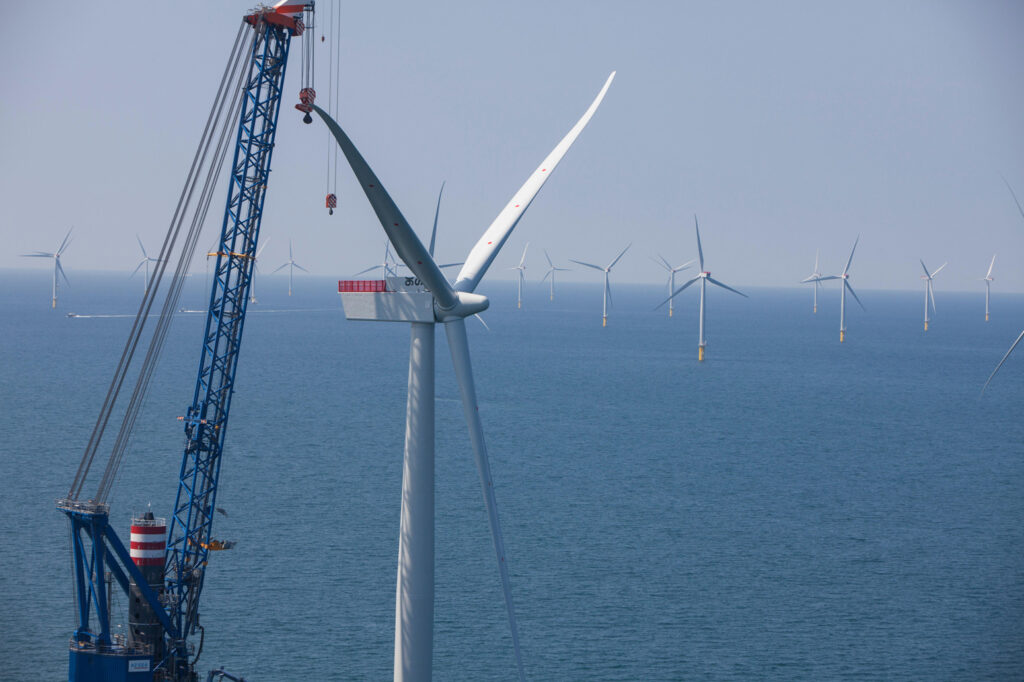In a move that signals both a shift toward a low-carbon future and a nod to energy security, the UK government has reiterated its commitment to end new oil and gas exploration in the North Sea, while maintaining support for existing projects and workers in the sector.
A consultation paper from the Department for Energy Security and Net Zero (DESNZ) outlines the government’s intention to phase out new seaward exploration and production licences, in line with its climate pledges and net-zero strategy. However, the plan preserves flexibility for the extension and transfer of existing licences, allowing drilling near current fields to continue through their full operational lifespan.
Energy Secretary Ed Miliband emphasised the need for a balanced approach. “Oil and gas production will continue to play an important role,” he said. “As the world embraces the drive to clean energy, the North Sea can power our Plan for Change and clean energy future in the decades ahead.”
According to DESNZ, the government remains committed to protecting domestic energy supply and safeguarding jobs while accelerating offshore renewable development. This includes deeper engagement with North Sea communities, trade unions, and environmental groups to shape a just and inclusive transition.
The new measures follow a landmark Scottish court ruling, which found previous approvals for oil exploration, such as Equinor’s Rosebank and Shell’s Jackdaw fields, unlawful due to inadequate emissions analysis. As a result, future guidance for oil and gas firms will include Scope 3 emissions, capturing the end-use carbon impact of extracted fuels.
While no new production licences will be issued under the proposed rules, existing developments will be allowed to expand, provided they remain adjacent to operational fields. The government confirmed that it will not revoke current licences, drawing a clear line between future restrictions and present operations.
Critics argue this leaves room for continued fossil fuel expansion under the guise of technicalities, while supporters see it as a pragmatic bridge between today’s energy needs and tomorrow’s clean power systems.
With North Sea oil and gas production down 72% since 1999, the government is investing in workforce transition. New initiatives, like the Energy Skills Passport and the Office for Clean Energy Jobs, aim to reskill workers for emerging sectors such as offshore wind, carbon capture, hydrogen, and tidal energy.

According to research from Robert Gordon University, 90% of the UK’s oil and gas workforce possess skills transferable to adjacent energy industries. Offshore Energies UK estimates the sector supported over 120,000 jobs in 2023. The offshore renewables workforce could grow to as many as 138,000 by 2030.
Sue Ferns, senior deputy general secretary at the trade union Prospect, welcomed the commitment but called for broader industrial strategy coordination. “Delivering meaningful numbers of new jobs will also require bringing supply chains for the renewables sector on shore,” she said.
The government launched its consultation on March 5, with stakeholders invited to weigh in until April 30. The outcome will play a key role in defining the UK’s energy policy direction in the face of climate change, global energy market volatility, and growing calls for a just energy transition.
As pressure mounts to decarbonise, the UK appears to be charting a cautious middle path, phasing out new fossil fuel projects while keeping existing infrastructure online, all while nudging its energy workforce into a cleaner future.



